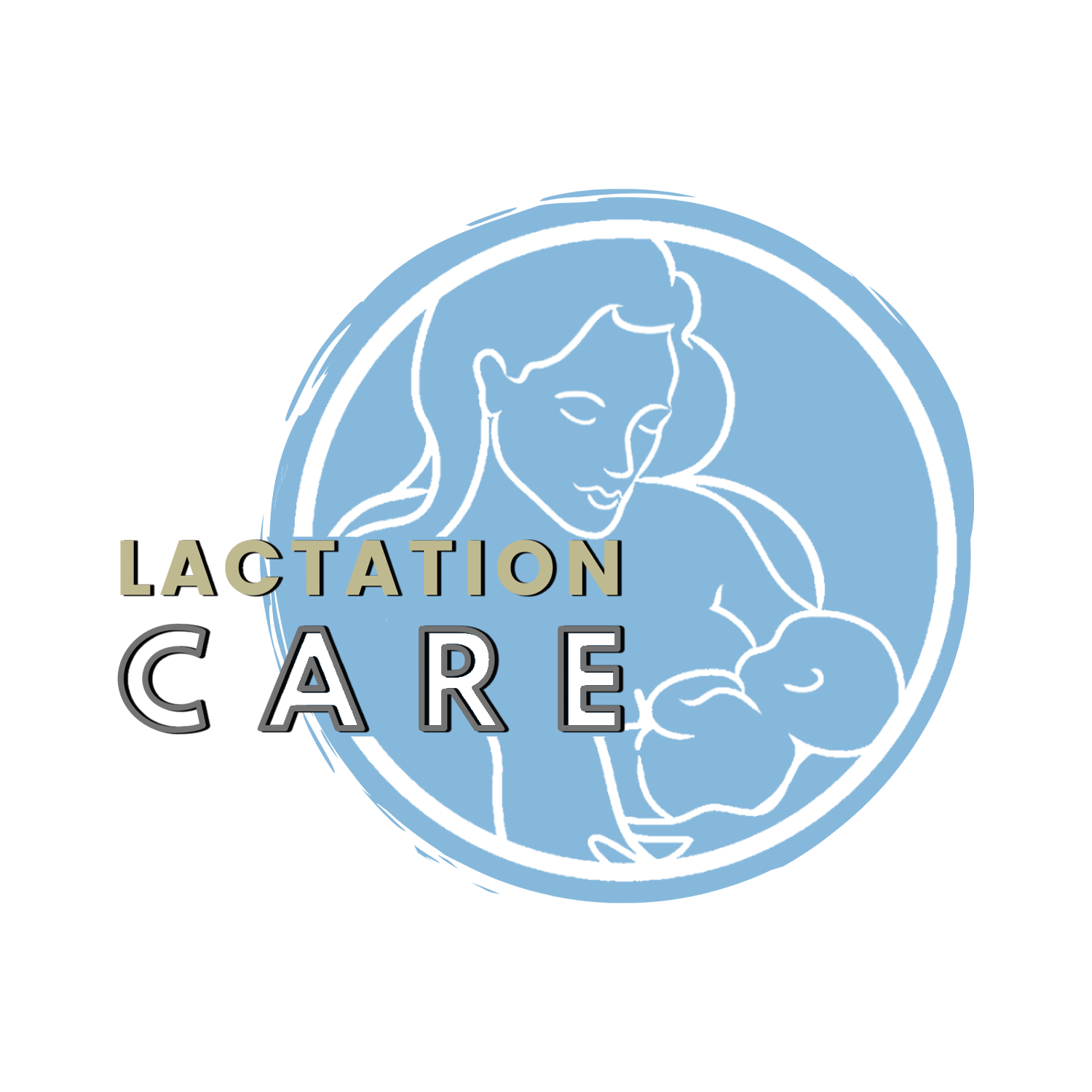Busting 10 Myths to Make Life Easier
It’s hard enough to parent. In addition to figuring out what each child needs, society puts a lot of pressure on parents. Let’s briefly talk about some myths and responses. Consider how these myths may be impacting you, and if you might be able to relax more in your early parenting journey.
Caveat: There’s more that could be said about each of these, and if you wish, we can talk. This is not meant as personal advice nor medical advice. If questions, please feel free to connect.
Here are 10 Myths and Responses
Myth 1 — “Need to feed every 3 hours”
Your baby needs to feed about 8 or more times per day. This does not mean every 3 hours. Once they are back to birth weight, trust they will ask for what they want. Start with letting them decide when to wake up overnight, then later do the same during the day.
Myth 2 — “Wake windows & eat-sleep-play”
These are popular concepts, and it is reminiscent of the advice my mother-in-law and mother were given to care for their babies. Expecting babies to be on a schedule did not work then and rarely works now. If your baby is predictable, and you can set-the-clock to your little one, great, otherwise expecting a certain amount of awake, play, or sleep time, or even regularly following this pattern is not realistic for most babies. Babies are all different, and your baby will be different at different parts of their day and as they develop. The only guarantee is they keep changing.
Myth 3 — “Can’t go out in the cold”
You can. Start with 15-20 minutes and build your confidence and time outside. Do keep your baby out of the wind. For $20 or less, you can get a stroller cover to keep out rain, snow, and wind. Bundle your baby, and after you’re back check their core, putting a warm hand on their upper back. If baby is cool, nicely warm, or sweaty, adjust clothing and blankets as needed. You can alternately wear your baby inside your coat if you can see their face and your footing is good.
Myth 4 — “Swaddling helps”
Swaddles are not recommended for many reasons. Some reasons are missing feeding cues, poorer breastfeeding, more hip dysplasia, and higher rates of SIDS. Babies need their bare hands for comfort and communicating, and they need arms to protect their airway (for breathing) if they roll over. Reconsider your options and see Lactation Care’s resource on swaddling (coming soon).
Myth 5 — “Shouldn’t use me as a soother”
Your breast is the most natural place to soothe your baby; your nipple is the ultimate soother. And partners, your pointer finger, soft pad up, is also a wonderful soothing device.
Myth 6 — “Need a bottle for dad/partner to bond”
It’s great how partners are more involved in infant care than years ago. If partners did everything but breastfeed, they would be busy and would definitely bond. That said, partners, create activities that are particularly meaningful for you such as massaging your baby, bathing them with both of you in the tub, or baby-wearing. These are lovely ways to have some calm skin-to-skin and soothing times.
Myth 7 — “Give formula so your baby will sleep better”
While they might sleep a little longer, it’s because formula is harder to digest. They also sleep deeper which may be why formula fed babies have a higher risk of SIDS. Giving a little formula may be needed for medical reasons, but given for other reasons can decrease breastmilk supply and change your baby’s gut microbiome.
Myth 8 — “Breastfeeding is natural”
That’s true, and, it is also new for you and for your baby so there’s a lot of learning happening in terms of baby care and with feeding. Initially, medical interventions might have an impact on breastfeeding, or you may encounter some challenges along the way. Be patient as you learn. Seek help from a knowledgeable and experienced professional like a Lactation Consultant (IBCLC). Knowledgeable peer support like La Leche League, can also be helpful. It can become quite natural.
Myth 9 — “Parenting advice is one-size-fits-all”
Parenting advice is a starting place.
Recommendations for how and what to feed a baby have a lot of research behind them, but many other things are people’s opinions. You do you, and work with your baby as the individual they are. When it is about infant feeding, again, work with a knowledgeable and experienced professional.
Myth 10 — “Good parents have it all together”
This is a tender topic and so common it needs discussing. Mothers in particular can have doubts, guilt, and regrets even in the early days. We worry about not getting it right with our babies, our milk supply, baby’s sleep, not meeting their needs, being disorganized, and having brain fog. Sound familiar? The fact that you are reading this is a good sign. Mothers are trying hard. Look back and ask, did you do your best in the circumstance you had? The answer is likely “yes”. That is the best you can do. No, not perfect, no parent is perfect, but very good. And know, despite not being perfect, you are everything to your little one.
Consult an IBCLC. Contact an International Board Certified Lactation Consultant (IBCLC) to get expert help and get back on track.
You may schedule an appointment online, or email hello@lactationcare.ca.
Sonya Boersma MScN, RN, IBCLC, Lactation Care, © February 2024
Thanks to others who reviewed it: H Dawson, J Maitland, S Theriault Valin.

